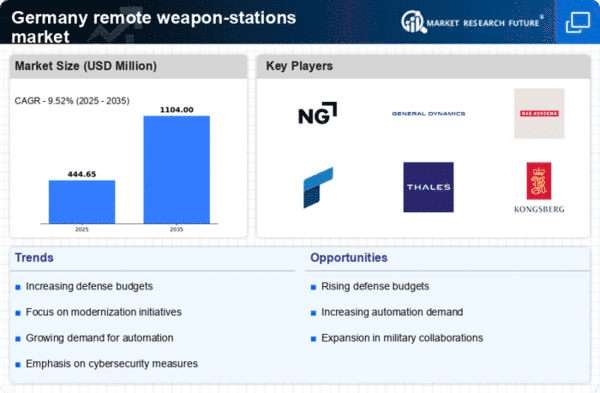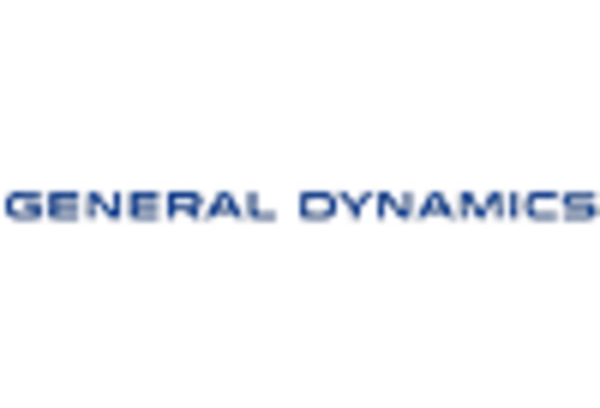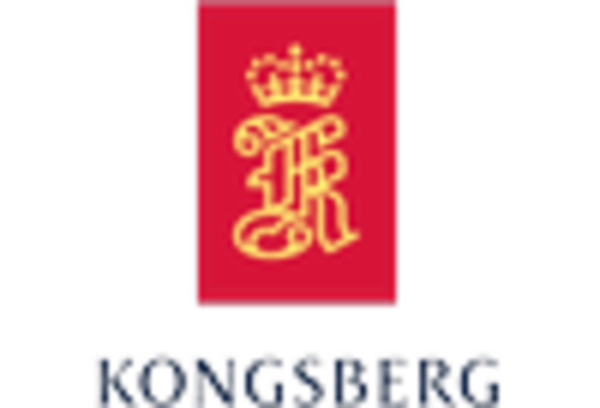Rising Security Concerns
The remote weapon-stations market is experiencing growth due to escalating security concerns in Germany. The geopolitical landscape has shifted, prompting the government to enhance its defense capabilities. This has led to increased investments in advanced military technologies, including remote weapon stations. In 2025, Germany's defense budget is projected to reach approximately €60 billion, reflecting a commitment to modernizing its armed forces. The emphasis on securing borders and countering potential threats has made remote weapon stations a priority for military planners. As a result, the demand for these systems is likely to rise, driven by the need for effective and efficient defense solutions.
Technological Integration
The integration of advanced technologies into the remote weapon-stations market is a key driver of growth. Innovations such as artificial intelligence, machine learning, and enhanced sensor systems are being incorporated into these platforms, improving their operational effectiveness. In Germany, the military is increasingly focusing on systems that can provide real-time data and situational awareness. This technological evolution not only enhances the capabilities of remote weapon stations but also aligns with the broader trend of digitization in defense. As a result, the market is expected to expand as military forces seek to leverage these advancements for improved combat readiness.
Focus on Autonomous Systems
The shift towards autonomous systems is significantly influencing the remote weapon-stations market. In Germany, there is a growing interest in developing unmanned platforms that can operate independently or in conjunction with manned systems. This trend aligns with the broader defense strategy of reducing personnel risk while maintaining operational effectiveness. The German military is exploring various autonomous technologies, which could lead to increased demand for remote weapon stations that incorporate these capabilities. As the market evolves, the integration of autonomous features may become a critical factor in the development and deployment of these systems.
Increased Military Collaboration
The remote weapon-stations market is benefiting from increased military collaboration among European nations, particularly within NATO. Germany's strategic partnerships with other member states have led to joint exercises and shared technological developments. This collaborative approach fosters the exchange of best practices and innovations, enhancing the capabilities of remote weapon stations. As NATO emphasizes collective defense, Germany is likely to invest more in these systems to ensure interoperability with allied forces. This trend may lead to a more robust market, as countries seek to standardize their military equipment and enhance joint operational effectiveness.
Regulatory and Compliance Frameworks
The remote weapon-stations market is also shaped by evolving regulatory and compliance frameworks in Germany. The government is implementing stricter guidelines regarding the use of military technologies, which impacts procurement processes. As defense contractors navigate these regulations, there is a growing emphasis on ensuring that remote weapon stations meet compliance standards. This focus on regulation may drive innovation, as companies seek to develop systems that not only fulfill operational requirements but also adhere to legal and ethical standards. Consequently, the market may see a shift towards more compliant and responsible defense solutions.
















